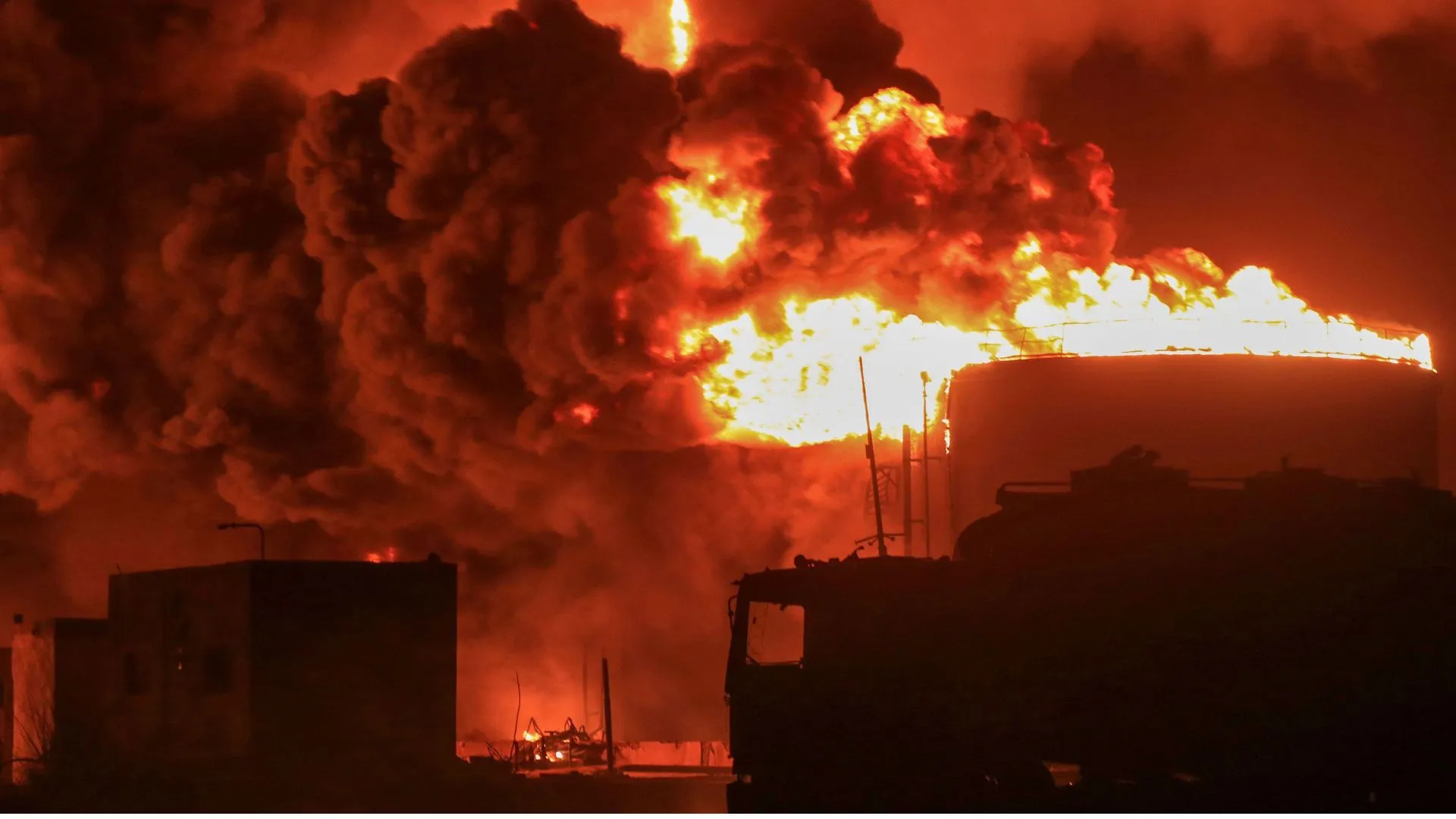Increased uncertainty and rising cross-border tensions affect global capital flows and financial stability. Tensed ties between the USA-China, the Russia-Ukraine crises, the most recent Israel-Hamas war etc., are a few recent geopolitics situations which have affected overall financial and capital market stability. As per the IMF report, since 2016, there has been about a 15 per cent reduction in bilateral cross-border allocation of portfolio investment and bank claims between the USA and China.
IMF October 2021 Outlook report estimated global economic growth (in 2022) to be five per cent. The Organization for Economic Cooperation and Development (OECD) projection slackened to 2.2 per cent in 2023. European Union (EU) Autumn 2022 Economic Forecast stated that the EU, due to its vicinity to the Russia-Ukraine war, was exposed to lower growth as it relies on imported fossil fuels. This war impacted Europe’s economy, where growth in 2023 is projected to be just 0.29 per cent and 1.58 per cent in 2024. This has created an uncertain investment environment for India, where India has to navigate its uncertainty with a proper policy structure.
The Middle East’s considerable position as a prominent oil provider highlights its potential to instigate global disruptions, as seen by the tangible existence of substantial geopolitical risks. The Israel-Hamas conflict exerts a significant influence on the global economy. According to Bloomberg’s analysis, there is a potential for the price of oil to increase significantly, reaching a level of USD 150 per barrel. Additionally, this jump in oil prices might have a negative impact on global economic development, potentially resulting in a decline of 1.7 per cent.
The escalation in crude oil prices can potentially result in elevated inflation levels in importing nations such as the United States, India, China, and other countries. Consequently, the expenses associated with production in many industries and the energy expenditures for both firms and people experience an increase. In the opinion of other experts, the rise in crude oil prices will happen if there is any interruption in the Strait of Hormuz.
In the realm of the capital market as well, there was an early period of turbulence. However, it is now widely believed that the ongoing battle will remain limited to the borders of Gaza and Israel. Anticipated financial market turbulence is unlikely until the conflict extends to more geographical areas. Therefore, it is challenging to anticipate a more extensive influence on the capital market. The financial market in Israel exhibited an immediate reaction characterised by significant declines in major stock indices, namely TA125 and TA35, which closed almost 7 per cent down.
Additionally, government bond prices experienced a decline of three per cent. According to reports, the Central Bank of Israel has announced its intention to engage in the sale of USD 30 billion in foreign exchange reserves. This measure is being undertaken with the objective of providing support to the domestic currency, the Shekel, and mitigating fluctuations in the exchange rate of the Shekel. The Tadawul All Share Index in Saudi Arabia had a decline of 1.3 per cent as well. On Monday, October 09, 2023, the primary stock markets in the Middle East experienced a decline during the initial trading session.
The EGX30 index in Egypt had a decrease of almost 5 per cent. The Nifty index in India experienced a marginal decrease of 0.7 per cent. On the same day, the Indian markets declined as the Nifty50 and the SENSEX declined approximately one per cent each during the initial trading session. Potential negative repercussions could be experienced by Indian retail investors in the event of escalating the existing conflict, particularly if it attracts involvement from other regional states.
As a consequence of the aforesaid geopolitical occurrence, investors may seek secure investment options, such as gold and treasury bonds. The price of spot gold had a 1.2 per cent increase, reaching USD 1,853.79 per ounce. Similarly, US gold futures rose by 1.2 per cent, reaching USD 1,867.80. In addition to the above-mentioned factors, the Indian equity market had a substantial outflow of USD 2.2 billion from Foreign Institutional Investors (FIIs) in September 2023.
This withdrawal represents one of the most significant monthly decreases since January 2023. Nevertheless, due to the persistent increase in US 10-year bond yields, investors hastily divested from Indian equities, which are commonly perceived as higher-risk assets and hence less appealing.
Concerns about a possible escalation of geopolitical tensions in West Asia encouraged FIIs to continue selling their Indian equity holdings throughout October 2023 and the following months. In addition, the share prices of Indian pharmaceutical businesses, oil marketing businesses and IT businesses conducting their operations in Israel may also be impacted in the event of an escalation of the crisis.
The outlook for the future is bleak inside the complex network of geopolitical uncertainty and its substantial repercussions on worldwide financial markets. The intricate and unpredictable nature of the connection between international politics and the global economy is evident when examining the consequences of recent wars.
Financial markets exhibit a remarkable degree of resilience and adaptability. However, in order to navigate the evolving landscape, market participants are faced with the ongoing challenge of striking a delicate equilibrium between managing risks and capitalizing on potential opportunities. What will be the outcome of this geopolitical puzzle – will peace and stability prevail, or will there be a disintegration of components? The definitive answer cannot be ascertained until a certain period of time has elapsed.
Dr Saif Siddiqui, Professor, Department of Management Studies, Jamia Millia Islamia, New Delhi.
Dr Neha Seth, Associate Professor, Symbiosis Institute of Business Management (SIBM), Noida, Symbiosis International University, Pune.














